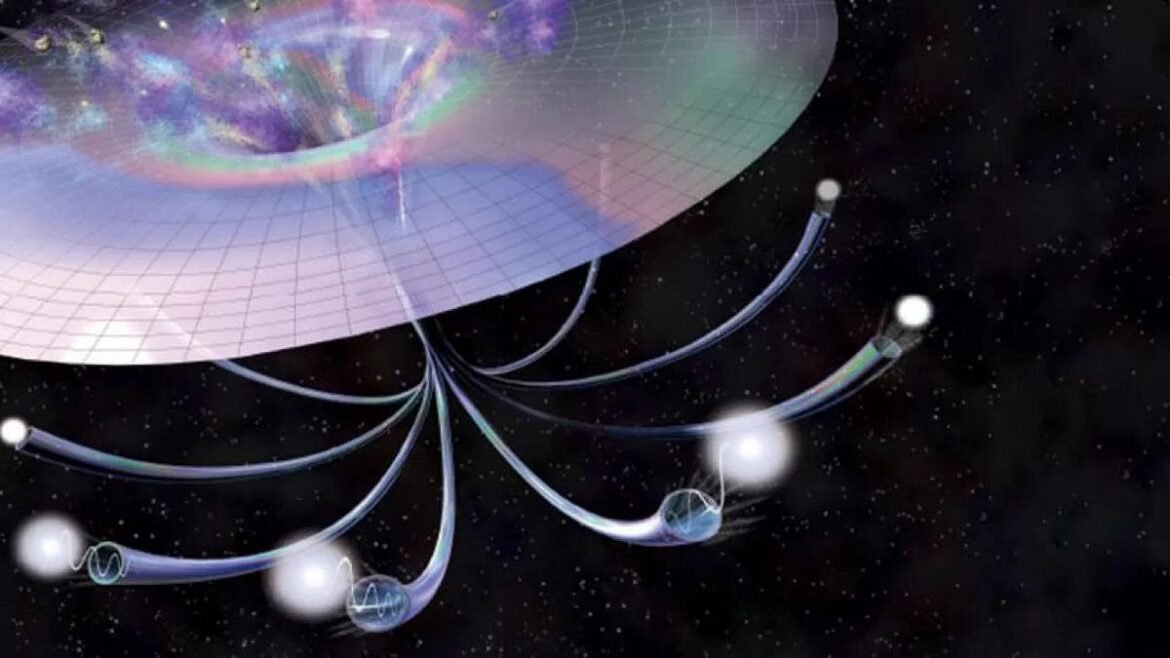When cosmic inflation came to an end, the hot Big Bang ensued as a result. If our cosmic vacuum state decays, could it all happen again?
From Peter Pan to Battlestar Galactica, one of the most famous notions in all of fiction is the idea of cyclic repetition: all of this has happened before, and it will all happen again. But does that apply to the cosmos itself? The Universe as we know it began with the hot Big Bang, which itself was set up and caused by a prior state known as cosmic inflation, where the Universe was expanding rapidly and relentlessly for an unknown period of time. When inflation came to an end, the energy throughout space — which had previously been in the form of field energy, or energy inherent to space itself — got converted into the various quanta, kicking off the hot Big Bang.
Today, however, billions of years later, we still have a form of energy inherent to space itself: dark energy. Could this someday trigger a similar scenario, leading to a new sort of Big Bang? That’s the question of Sara Wright, who inquires:
“If I understand this correctly, the big bang occurred when the inflationary field energy was suddenly converted into all the particles and radiation that are present today. But there is also the false vacuum decay scenario, where the zero point energy of space may reach an even lower state than it is now. Are these two events related to each other in any way? If so, is it possible that the same big bang that gave rise to us is still propagating far beyond the cosmic horizon of our observable universe?”
This is a really big question and a fascinating possibility that, to be honest, no one knows whether it describes our Universe’s future or not. Here’s the big idea, and why it’s worth pondering.
Cosmic inflation, for the uninitiated, came about as a way to explain puzzles about the properties the Universe must have possessed at the start of the hot Big Bang, but that the Big Bang itself provided no explanation for. The original idea of…

